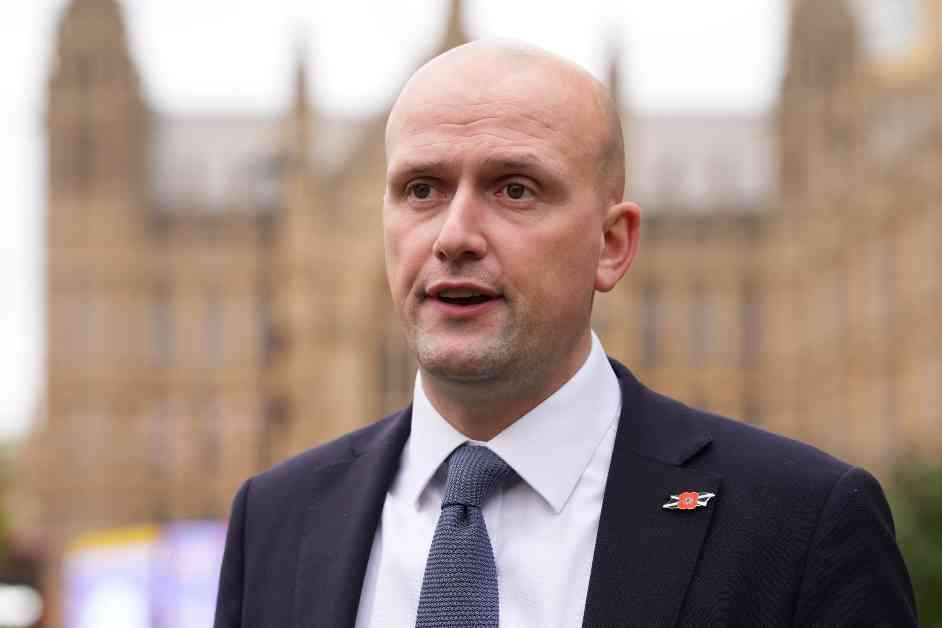Stephen Flynn has made a decision to no longer pursue holding dual positions, admitting that he had made an error in his judgement. The SNP Westminster leader had caused a rift within the party when he announced his intention to run for Holyrood in the upcoming elections while retaining his seat as an MP.
This decision led to controversy as Flynn had expressed his discontent with the rules set by the NEC, stating that they were specifically designed for elections and not a permanent solution. His announcement also stirred tensions as he would potentially be competing against sitting SNP MSP Audrey Nicoll for the Aberdeen South and North Kincardine seat.
Nicoll, who currently represents the constituency, did not disclose whether Flynn had suggested for her to step aside during their prior discussions. However, she and her team are prepared for a contest if necessary. Flynn’s reversal of his dual mandate pursuit came in a statement where he expressed his eagerness to review the party’s new candidate selection rules.
While Flynn has decided against pursuing a dual role, he still intends to stand as an MSP in 2026. He acknowledged his mistake in seeking to hold both positions simultaneously, emphasizing his commitment to Holyrood as the democratic foundation for Scotland’s independence movement. Other MPs, including Dave Doogan and Stephen Gethins, have also submitted nomination papers for the upcoming elections, sparking a debate around the practice of “double-jobbing.”
The SNP’s NEC had previously prohibited MPs from standing for Holyrood without resigning from their Westminster seats in the 2021 elections. However, the rule has been described as election-specific, leading to uncertainty about its enforcement in 2026. Various SNP figures and government ministers have shared their opinions on the matter, with Public Finance Minister Ivan McKee expressing doubts about MPs splitting their attention between both parliaments.
Flynn had defended his initial position for over a week, citing cost-saving measures and declining to rule out a potential bid for the SNP leadership. While he admitted to being ambitious for Aberdeen and Scotland, he ultimately retracted his pursuit of a dual mandate to avoid unnecessary strain on the public purse and the party’s resources. This decision reflects a shift in Flynn’s approach towards prioritizing the democratic process and the party’s future direction.












